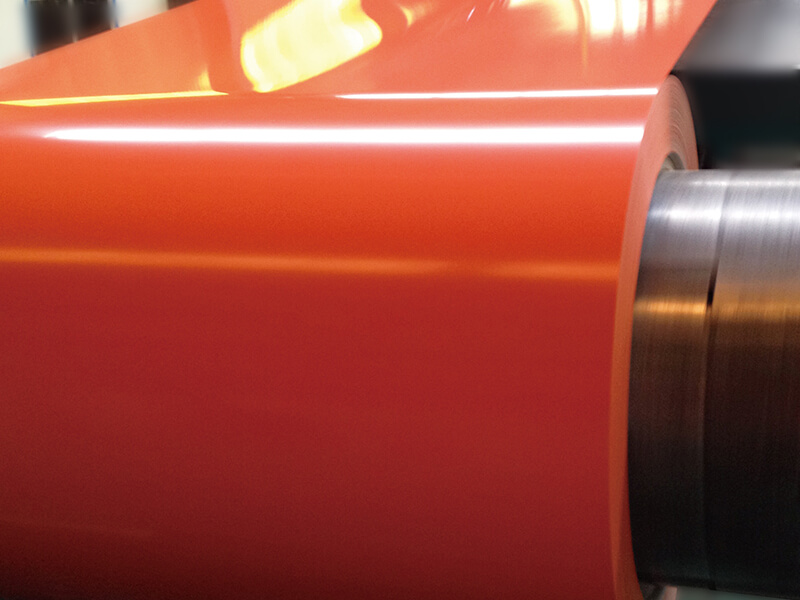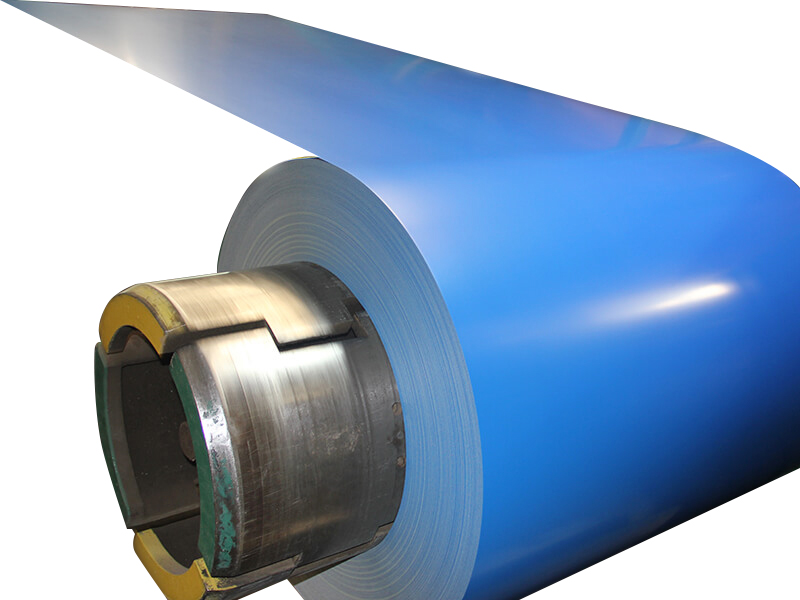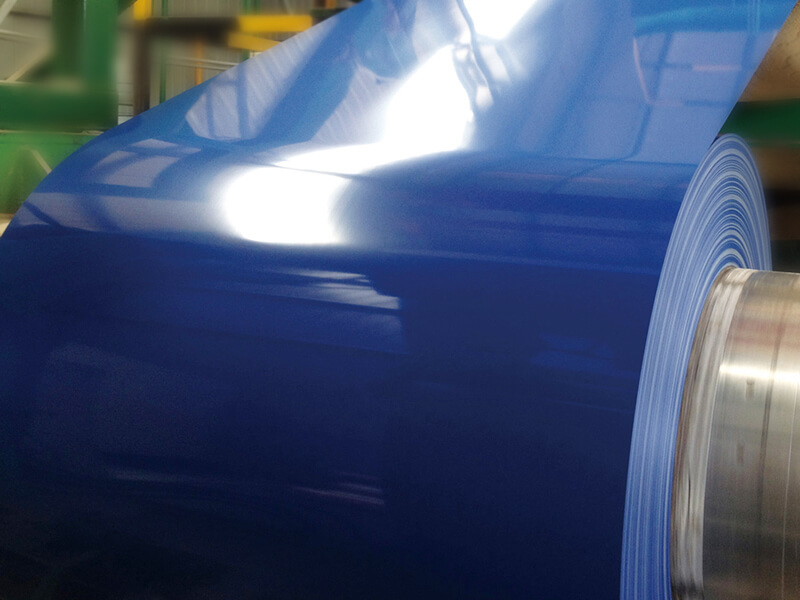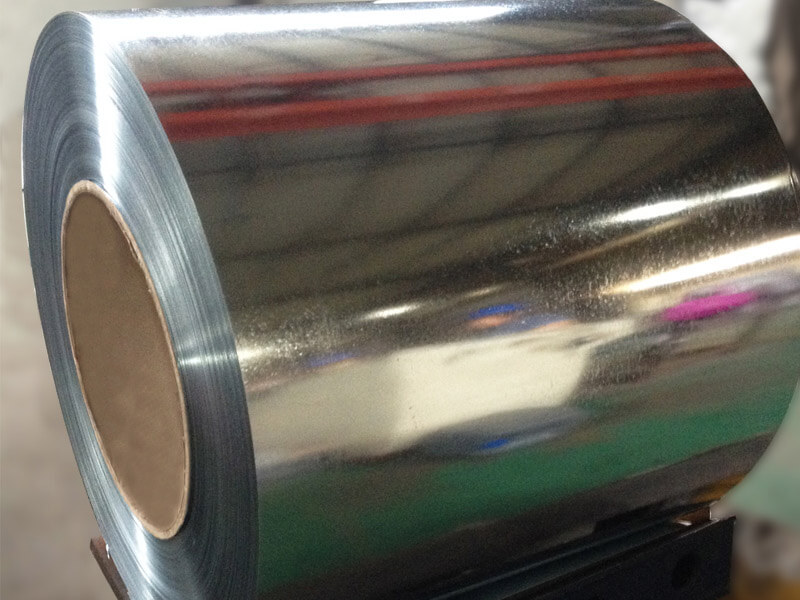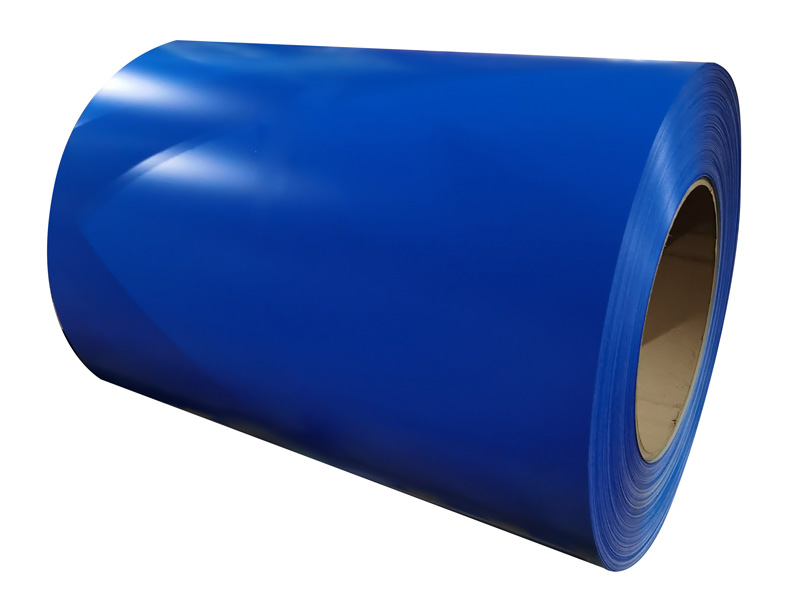Metal coils with a 26 gauge have an average measurement of 0.0170 to 0.0217 inches. For aluminum coils, the measurement is 0.404 mm (0.0159 inches), steel has a measurement of 0.455mm (0.0179 inches), and galvanized measures 0.551mm (0.0217 inches). This gauge is one of the most popular roofing thicknesses for residential structures and commercial buildings.
Metal roofing with a 26 gauge is cost-saving compared to 22 and 24 gauges but yields a good result for the structure. It is thicker, more resilient, and sturdier than 29-gauge roofing. Since they are not as durable as 22 and 24 gauges, they may not be able to withstand areas prone to hailstorms, strong winds, and harsh weather conditions.
What is the difference between 26 and 29-gauge metal?
26-gauge metal is thicker than 29-gauge metal with an average measurement of 0.0170 to 0.0217 inches. It is an excellent gauge for both commercial and residential applications, according to the construction standard. It is an excellent gauge for siding and roofing applications as it offers strength and durability compared to 29-gauge metal.
It can withstand damage and denting due to heavy pressure and extreme weather conditions. It is cost-saving compared to gauges with 24 and 22 gauges, but it is more costly than 29-gauge metal. Since it is thicker and more sturdy, it is structurally sound compared to metals with higher values.
The downside of 26-gauge metal roofing is that it is prone to oil canning if the screw or fastener is secured tightly. A 26-gauge panel is not ideal if your house lies in areas frequented by heavy storms or high winds, as they are not as sturdy as metals with lower gauges. It is suitable for the walls and roofs of larger barns.
A 29-gauge metal is thinner and less expensive than a 26-gauge metal. It has an average measurement of.014 inches to.018 inches. It is suitable for applications that do not need additional structural support, like a pole barn or open-frame structure. It is more susceptible to damage or denting than 26 or thicker gauges. It is not ideal in places frequented by hailstorms, high winds, or hurricanes. Homeowners find this gauge adequate for their roofing, making it a popular choice even in areas with extreme weather conditions.
